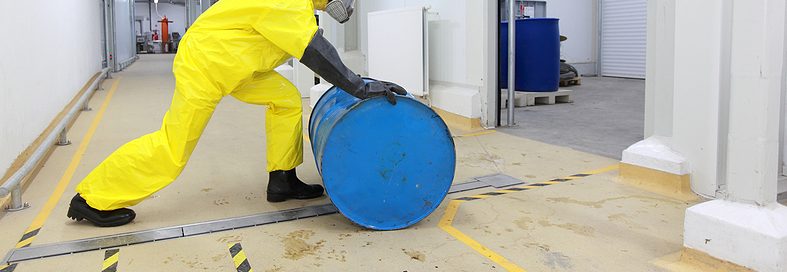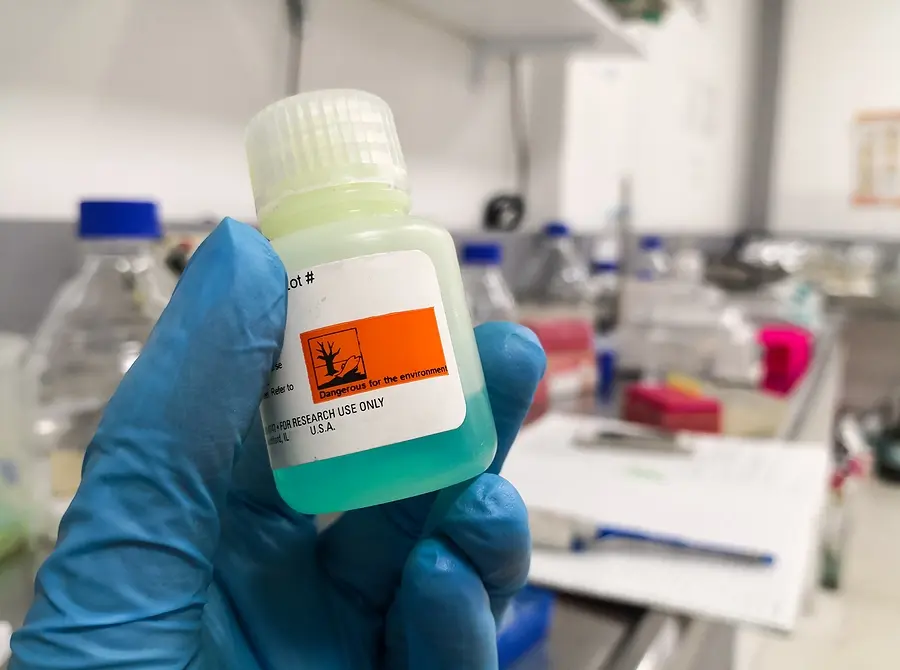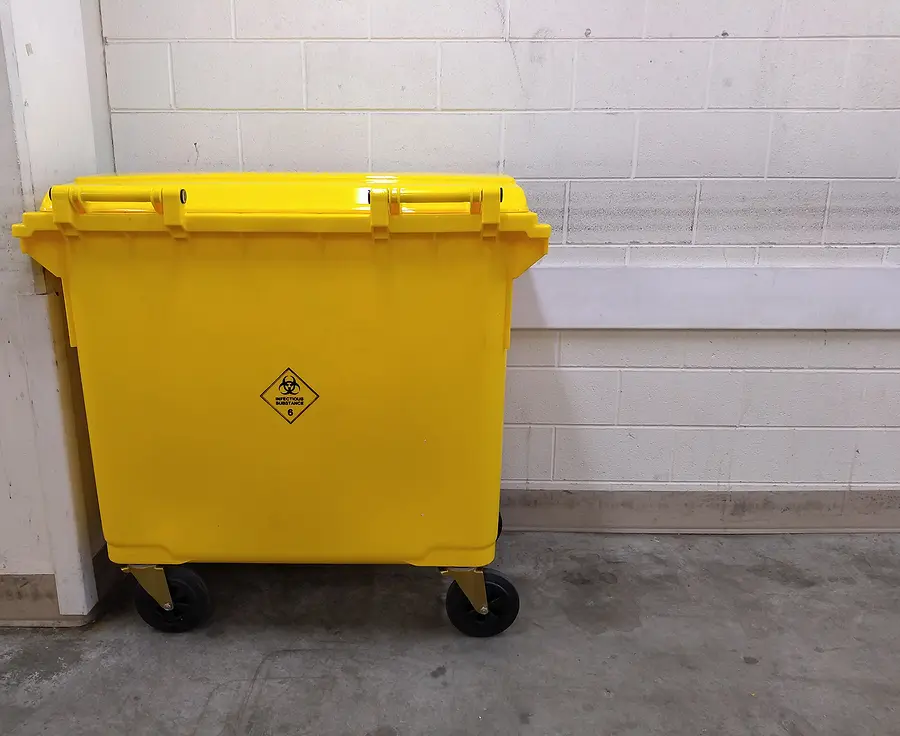What is Hazardous Waste?

The term ‘hazardous waste’ has become increasingly prevalent, yet its implications and significance may remain tricky to many. But what is hazardous waste exactly? From the chemicals used in manufacturing to the byproducts of medical procedures, hazardous waste encompasses a broad spectrum of materials that pose risks to human health and the environment if not managed properly.
In particular, hazardous medical waste stands out as a significant category within the realm of hazardous waste. Generated from healthcare facilities, laboratories, and even households, medical waste encompasses a wide array of materials such as used needles, infectious materials, expired medications, and chemical agents. Due to its potential to harbor infectious agents and harmful chemicals, improper management of medical waste poses grave risks to public health and the environment. In this, we’ll unravel the complexities of hazardous waste, exploring its definition, characteristics, sources, and the critical importance of responsible management.
Hazardous Medical Waste

Hazardous medical waste is non-infectious, but can negatively affect humans, animals, or the environment. Common types of this waste include chemicals, medications, and sharps. You can identify hazardous waste by searching through the 400+ items listed on the Resource Conservation and Recovery Act (RCRA) regulations or by meeting one of these characteristics:
- Ignitability: Substances that easily catch fire.
- Corrosivity: Substances that erode or eat away at other materials.
- Reactivity: Substances that are unstable, explosive, or become toxic when under pressure, mixed with water or another substance, or exposed to heat.
- Toxicity: Anything that can cause harm or death if ingested and/or absorbed.
Strict regulations are enforced for hazardous waste to be collected and disposed of safely. Laws vary at state and local levels, so be sure you are aware of regulations for your area.
Handling Hazardous Waste
You should place hazardous waste in a hazardous waste container in a secure area. It is helpful for hospitals and clinics to maintain a site map of containers throughout the facility.
Containers should have a secure lid and be free of any cracks or leaks. Hazardous labels must be visible on the containers and include the date when the first hazardous item was put into the container. When a container is full, it must go to the main accumulation room within 3 days.
Disposing of Hazardous Waste

Hazardous waste containers are color-coded to separate different types of waste. You should place it in one of the following colored bins:
Yellow Bins
Yellow bins are for chemotherapy waste that has less than 3% of its original volume. Less than 3% is considered “RCRA empty” and can include empty syringes, vials, and IV bags.
Black Bins
Black bins are for chemotherapy waste containing more than 3% of its original volume. Waste disposed of in these bins includes partially used vials, IV bags and tubing, cleaning materials, or discarded personal protective equipment (PPE).
Blue Bins
Collect hazardous pharmaceutical waste in blue bins. RCRA has designated certain pharmacy products to be hazardous including nicotine, expired and unused pills, and several medications.
Disposal methods for hazardous medical waste depend on the type of waste. Incineration, autoclaving, and microwaving are all possible disposal options. Professional medical waste disposal companies will know the best treatments for each type and complete disposal accordingly.
Safely Dispose of Your Medical Waste with Medical Waste Pros
Medical Waste Pros has helped healthcare organizations across the country learn how to safely handle and dispose of medical waste. We offer secure and reliable medical waste disposal services. We look forward to helping you maintain legal requirements and mitigate risk in your medical facility today. Give us a call at (888) 755-6370 or fill out the form to receive free quotes on our services and training programs today.










